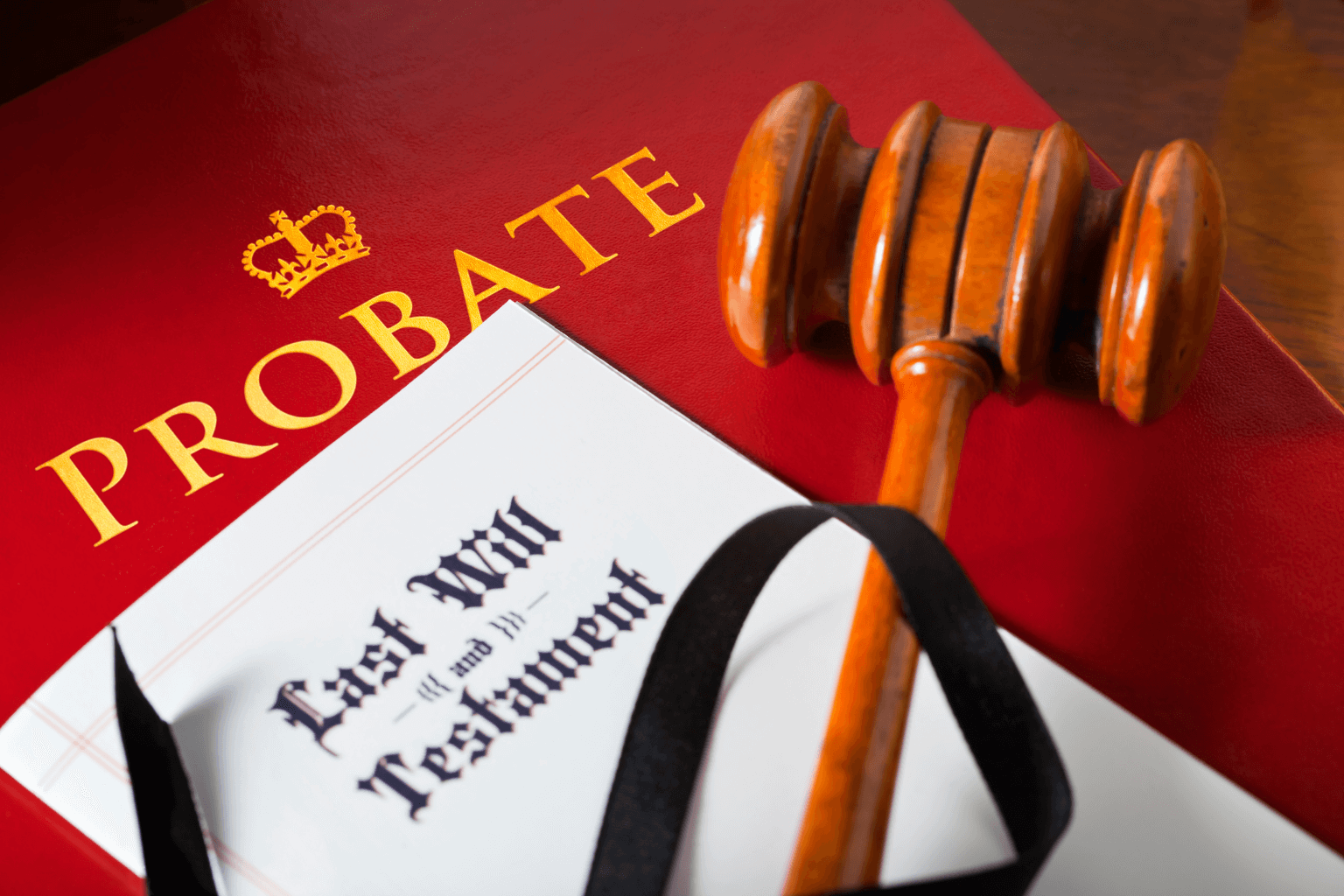What You Need to Know About Selling a Probate Property
Selling a house in probate can feel overwhelming, especially if you're unfamiliar with the legal process. But don’t worry—this guide walks you through each step clearly and simply. From getting court approval to choosing a probate real estate agent, we’ll help you understand what’s required. Whether you're an executor or heir, knowing how to navigate the probate sale process is essential for a smooth and legal transaction.
Must-Read Alert: While you're here, you might want to check out How to Sell a Hoarder House in California. It’s gaining serious traction and offers practical tips you won’t want to miss.
Understanding the Probate Process

Probate is a legal process that happens after someone passes away. It ensures their belongings, including any property, are passed on correctly.
When a will exists, it’s used to decide who gets what. If there’s no will, the state follows its own rules. Either way, real estate must go through probate before being sold unless it’s owned in a trust or joint tenancy.
The timeline varies—sometimes it takes months, other times it stretches into years depending on how complex the estate is.
Before any assets are passed on, debts and taxes must be paid. After that, the remaining value can go to heirs or beneficiaries.
For a more detailed look into this, check out this Probate Sale Guide, which breaks down California-specific rules and strategies.
Legal Requirements for Selling a House in Probate
When selling a house in probate, there are legal steps you can’t skip. The process is meant to protect heirs and ensure everything is fair.
To better understand your responsibilities as an executor, watch this helpful YouTube video explaining the role of an executor in probate.
Key Legal Steps
- Get court approval to sell the property.
- Hire a licensed appraiser for a detailed home valuation.
- Notify all heirs and beneficiaries about the sale.
- Follow state-specific probate rules.
- Pay off any outstanding debts and taxes.
As the executor, you’re responsible for making sure everything is done legally and honestly. For more legal background, Nolo’s probate guide is a great high-authority source to explore.
Preparing the Property for Sale

To get the best price, you need to make the property shine. Start by cleaning and making small repairs. Curb appeal matters too—simple landscaping goes a long way.
Staging Tips
- Remove clutter and personal items.
- Use light-colored paint to brighten rooms.
- Rearrange furniture to create an open feel.
These small changes can make a big difference in how buyers see the home.
Choosing the Right Real Estate Agent
A regular agent might not have the experience you need. Look for someone who’s handled probate real estate before.
What to Look For
- Proven experience with probate sales
- Knowledge of local laws and markets
- Good communication and transparency
Your agent can guide you on pricing, paperwork, and how to market the home to the right buyers. They’re a key player in making this process smooth and successful.
Looking to sell in a specific city? If you're in the Bay Area, here’s how we can help if you're selling a house in Cupertino, CA.
Tips for Maximizing Property Value During Probate

Want the highest return when selling a house in probate? Focus on value-boosting strategies:
- Paint walls and update lighting for a fresh look.
- Fix small issues like leaky faucets or cracked tiles.
- Stage the home with warm, neutral decor.
- Price the property using a local market analysis.
Also, be flexible with showings so more buyers can see the home. These steps help ensure you meet your executor responsibilities while honoring the estate.
Conclusion
Selling a house in probate doesn’t have to be confusing. With the right knowledge, preparation, and help, you can handle the process confidently. Make sure you follow legal steps, communicate with heirs, and choose a real estate agent who knows probate sales. By staying organized and proactive, you’ll protect the estate and maximize its value for everyone involved.





